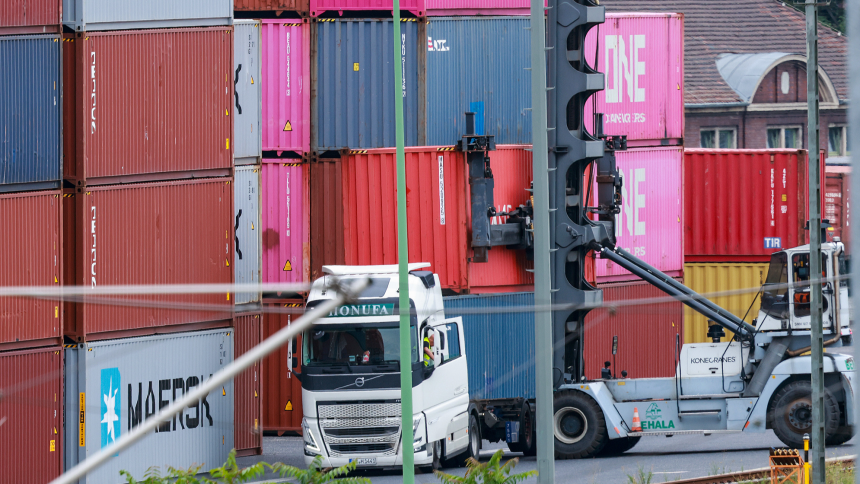European businesses and economic experts are sounding the alarm over the escalating trade tensions driven by U.S. tariffs, warning that Washington’s aggressive trade policies are inflicting widespread economic damage across the continent and beyond.
Christian Kullmann, CEO of German chemicals giant Evonik, recently described the U.S. government’s trade stance as “disastrous” for the global economy. He warned that prolonged uncertainty is deterring investment and halting customer orders worldwide, creating ripple effects across industries. Even if a tariff agreement is eventually reached between the European Union and the U.S., Kullmann fears the unpredictability of American policy will leave long-term concerns unresolved. He urged European leaders to respond assertively, calling for a “Business First” approach over reactionary protectionism.
In the UK, the consequences of the tariff war are becoming evident in a weakening labor market. According to the Office for National Statistics, the unemployment rate rose to 4.7% between March and May 2025 the highest level in nearly four years. Experts attribute the downturn to a combination of domestic tax hikes, higher minimum wages, and the pressure of U.S. trade policies. Professor David Bailey of the University of Birmingham emphasized that even with a trade deal in place, increased tariffs are hitting Britain’s export-reliant sectors, thereby suppressing economic growth.
Meanwhile, Portugal’s wine industry offers a stark example of the crisis in motion. Joao Matos, a board member of the Favaios Cooperative Winery, said U.S. tariffs and export uncertainty have brought operations to a near standstill. The U.S. had become the cooperative’s fastest-growing market, accounting for around 10% of exports. But following new universal tariffs of 10% with plans to hike them to 30% many American orders have been suspended or canceled outright.
Rui Paredes of the Douro Winegrowers’ Association summed it up grimly: “The bottles are stuck here with nowhere to go.” As European exporters face mounting losses, pressure is building for unified and decisive economic leadership across the continent.

